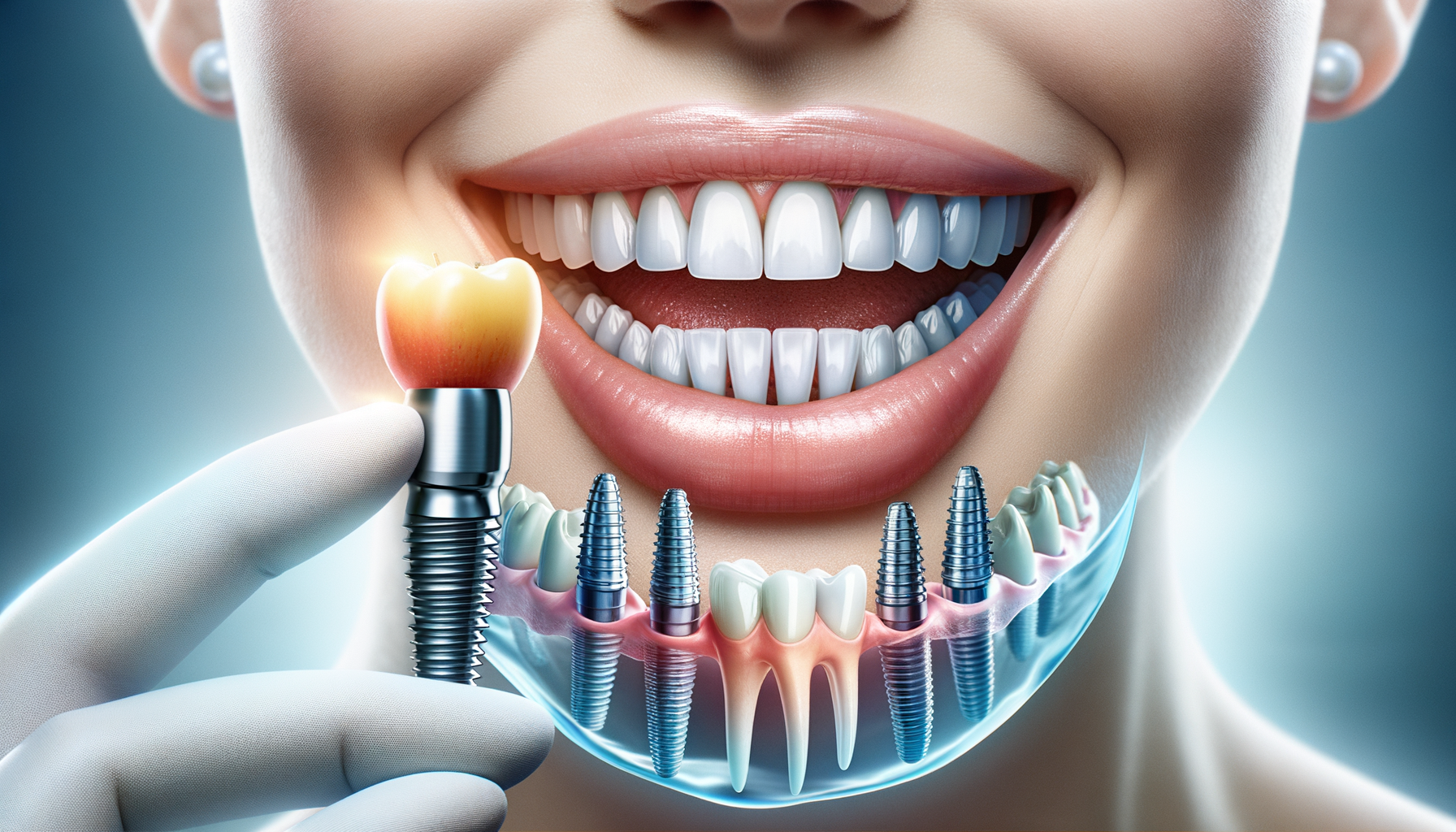
Dental Implants That Keep Sparking Questions
Understanding Dental Implants: A Comprehensive Overview
Dental implants have become a renowned solution for individuals seeking to replace missing teeth. These implants are designed to function and appear like natural teeth, offering a durable and aesthetically pleasing option for dental restoration. The process begins with the surgical placement of a titanium post into the jawbone, which serves as a root for the artificial tooth. Over time, the bone integrates with the implant, providing a stable foundation.
The significance of dental implants lies in their ability to restore not only the appearance of a smile but also the functionality of natural teeth. Patients can enjoy improved speech, easier eating, and enhanced confidence. Furthermore, dental implants help maintain the jawbone’s structure, preventing the bone loss that often follows tooth loss.
It’s important to note that the success of dental implants hinges on several factors, including the patient’s oral health, bone density, and commitment to post-operative care. With proper maintenance, dental implants can last for many years, making them a valuable investment in one’s oral health.
The Procedure: Step-by-Step Journey to a New Smile
The journey to receiving dental implants involves several stages, each crucial to the overall success of the treatment. Initially, a comprehensive dental examination is conducted to assess the patient’s suitability for implants. This includes X-rays and 3D images to evaluate bone health and plan the implant placement precisely.
Once deemed suitable, the surgical phase begins. Under local anesthesia, the dentist places the titanium post into the jawbone. This is followed by a healing period, during which osseointegration occurs. This process, where the bone grows around the implant, can take several months, ensuring a strong bond.
After successful integration, an abutment is attached to the implant, serving as a connector for the artificial tooth. Finally, a custom-made crown is affixed, completing the restoration. This meticulous process ensures that the dental implant functions seamlessly with the patient’s natural teeth.
Benefits of Dental Implants: Beyond Aesthetics
Dental implants offer a myriad of benefits that extend beyond mere aesthetics. One of the primary advantages is their durability. Unlike dentures or bridges, which may require frequent adjustments or replacements, dental implants are designed to last for many years with proper care.
Another significant benefit is the preservation of jawbone health. When a tooth is lost, the jawbone can begin to deteriorate, leading to changes in facial structure. Dental implants stimulate the bone, preventing this deterioration and maintaining facial integrity.
Moreover, dental implants provide unparalleled comfort and convenience. They eliminate the discomfort and inconvenience associated with removable dentures, allowing patients to eat, speak, and smile with confidence. Additionally, implants do not require altering nearby teeth, preserving the natural tooth structure.
Potential Challenges and Considerations
While dental implants offer numerous benefits, there are also challenges and considerations to be aware of. The procedure requires a surgical intervention, which carries inherent risks such as infection, nerve damage, or sinus issues. However, these risks are relatively rare when performed by experienced professionals.
Another consideration is the cost. Dental implants can be a significant investment, often not fully covered by insurance. It’s essential for patients to discuss payment options and potential insurance contributions with their dental provider.
Moreover, not everyone is an ideal candidate for dental implants. Patients must have adequate bone density and healthy gums to support the implant. Those with chronic conditions like diabetes or those who smoke may face higher risks of implant failure.
Caring for Your Dental Implants: Ensuring Longevity
Proper care is crucial to the longevity and success of dental implants. Like natural teeth, implants require regular brushing and flossing to prevent plaque buildup and gum disease. Patients should also attend regular dental check-ups to ensure the implants and surrounding tissues remain healthy.
It’s advisable to avoid hard or sticky foods that could damage the implants or the crown. Additionally, wearing a mouthguard during sports or other physical activities can protect the implants from trauma.
By adhering to these care guidelines, patients can enjoy the full benefits of their dental implants, maintaining a healthy and beautiful smile for years to come.


